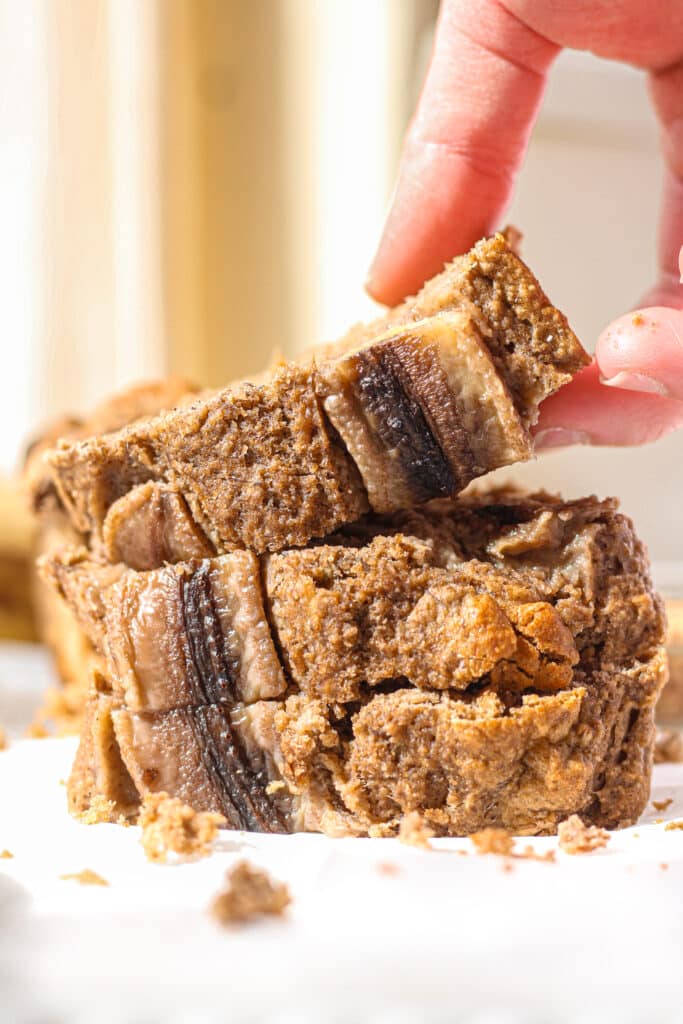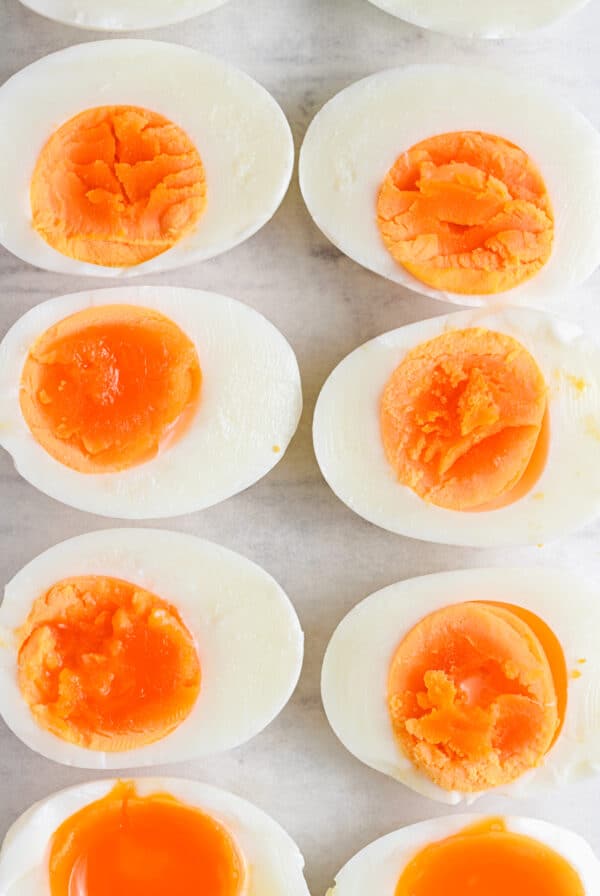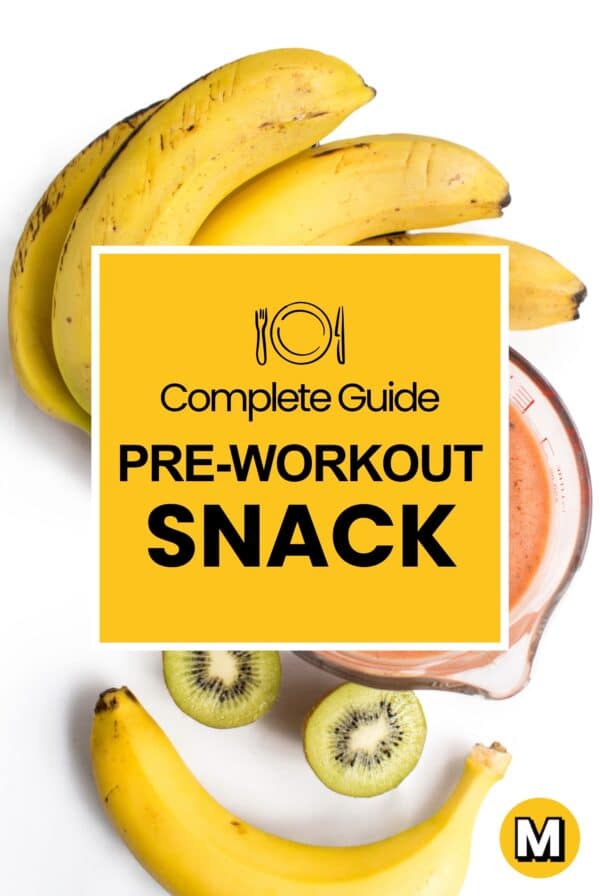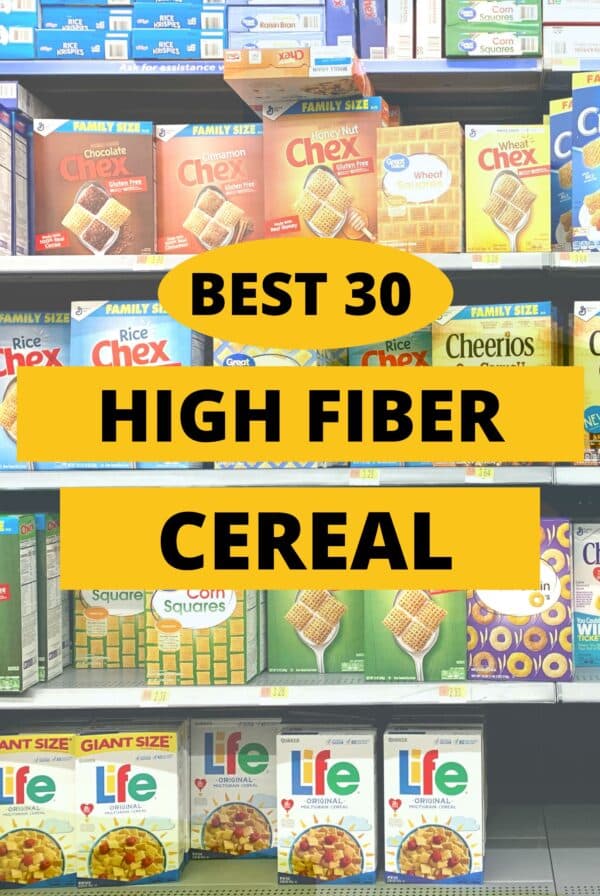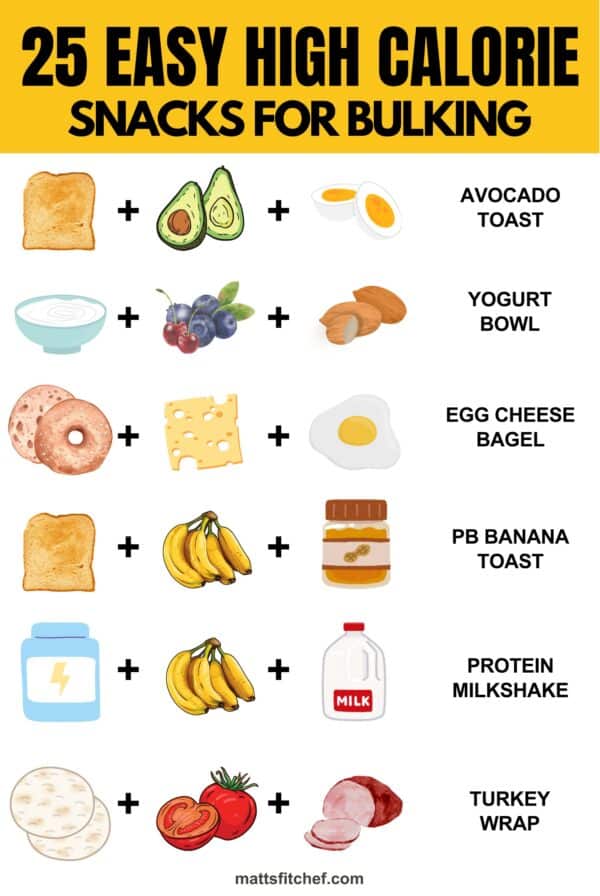As an Amazon Associate I earn from qualifying purchases.
Bananas are amongst the most popular fruits in the world. Affordable, versatile and tasty, bananas are also an excellent source of nutrients. Over recent years, however, this fruit has gained a bad reputation for being high in calories and carbs. But is this actually true? In this blog we are going to answer to the question: How many calories in a banana?
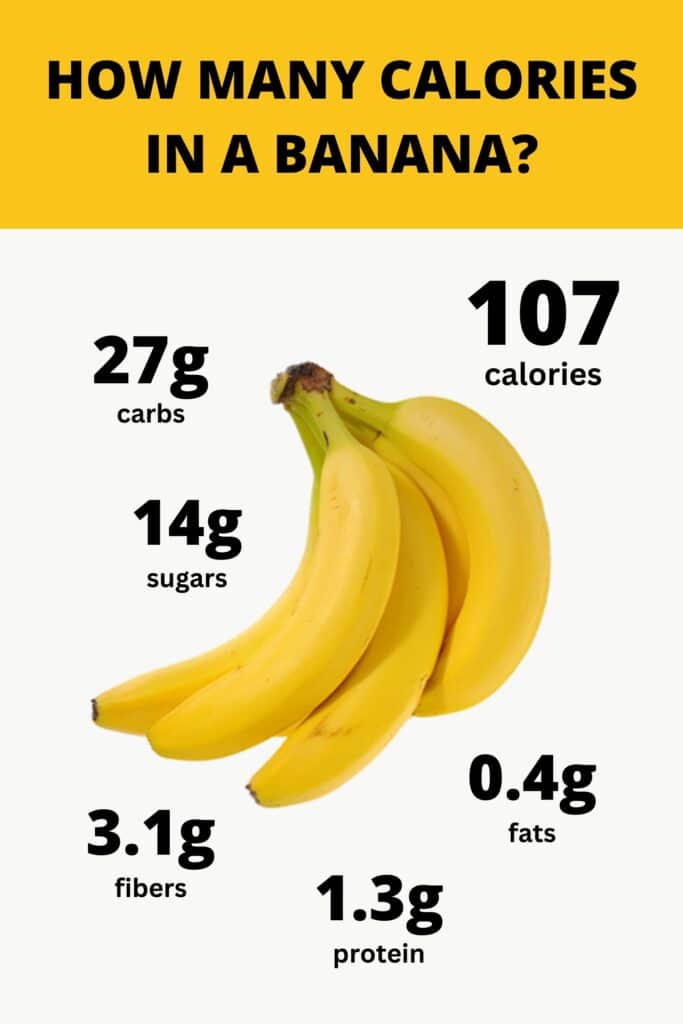
There’s a common misconception that bananas lead to weight-gain due to their sugar and calorie content. A closer look to the numbers, however, highlights that in reality bananas can perfectly fit in a balanced diet. A medium-sized banana contains roughly 105 calories, a moderate amount that can be accommodated also in weight loss diets.
Calories in a banana by sizes and weights
When addressing the caloric content of bananas, it is essential to consider sizes and weights. If a very small fruit may provide just 50 calories, a large banana has 150 calories or more. In the next lines you will find a complete breakdown of calories by size.
- How many calories in a small banana? A 6 inches (80 grams or 3 oz) small banana calories has roughly 71 kcal.
- How many calories in a medium banana? There are about 107 calories in a medium banana, 7 inches long and with a weight of 120 grams (4 oz).
- How many calories in a large banana? A 9 inches banana weighting 150 grams (5 oz) provides approximately 134 kcal.
Most bananas will usually fall under one of those sizes: small, medium, and large. But you may also encounter extra small and extra large fruits, for which the nutritional values vary. One extra small banana weighting 60 grams (2 oz) has 53 kcal, and an extra large banana with a weight of 200 grams (7 oz) contains 178 calories.
Do brown bananas have more calories than green bananas?
No, the calories in a banana do not increase as it ripens. A green and a brown banana of equal sizes provide the same amount of energy. What changes, however, is its macronutrient composition. The resistant starch in unripe bananas slightly decreases in favor of sugars as they ripens. This change in composition may affect factors such as taste and texture but does not significantly impact the calorie count.
Carbs in a banana by sizes and weights
Another misconception is that bananas are too high in carbs and sugar, and therefore shall be avoided if you are trying to lose weight. But as for calories, this is further from being true. Both sugars and carbs in banana are proportional to its size and weight. While a very small banana might contain only around 19 grams of carbs, a large one may have more than 30 grams.
- How many carbs in a small banana? A 6 inches (80 grams or 3 oz) small banana contains approximately 19 grams of carbs.
- How many carbs in a medium banana? For a medium banana with a weight of 120 grams (4 oz), you can expect about 27 grams of carbs.
- How many carbs in a large banana? A large banana, approximately 9 inches long and 150 grams (5 oz) heavy, provides around 34 grams of carbs.
Health benefits
Nutrition is more than just calories and carbohydrates. From minerals to vitamins, there are multiple factors that determine the wholesomeness of a food. Bananas enjoy the appreciation of dietitians and health-conscious all around the world.
They’re rich in Vitamin C, Vitamin B6, potassium and manganese, nutrients that play a crucial role in supporting health. One banana can easily provide more than 20% of the daily recommended intake of vitamin B6, for example.
Bananas are an excellent food for active people and athletes, especially if consumed before or after exercising. As a pre workout snack, they will give you energy and power up your training session. Consumed post workout, instead, the sugars in banana will quickly replenish your glucose storages and facilitate recovery. Moreover, they help prevent muscle cramps.
Nutritional values of a banana
| Macronutrient | Small Banana (80 g) | Medium Banana (120 g) | Large Banana (150 g) |
|---|---|---|---|
| Calories | 71 kcal | 107 kcal | 134 kcal |
| Carbohydrates | 19 g | 27 g | 34 g |
| Sugars | 9.8 g | 14.7 g | 18.3 g |
| Fibers | 2.1 g | 3.1 g | 3.9 g |
| Protein | 0.9 g | 1.3 g | 1.6 g |
| Fats | 0.3 g | 0.4 g | 0.5 g |
| Sodium | 0.8 mg | 1.2 mg | 1.5 mg |
Is banana good for weight loss?
Yes, bananas can fit in a weight loss diet. They are a great source of nutrients such as vitamin B6 and potassium, which contribute to overall health. Further, this fruit is packed with dietary fibers that increase satiety and therefore prevent overeating.
With approximately 105 kcal each, bananas are also a relatively low calorie food. They’re perfect for breakfast with a source of protein such as Greek yogurt, as a snack, or for baking low calorie banana bread. Especially if consumed before or after exercising, a banana gives your body all the nutrients and natural sugar it needs.
If your goal is to lose weight, however, you should pay attention to what you eat them with. Excessive amounts of peanut butter, chocolate or toppings may easily ramp up the calorie count. But this doesn’t mean they are prohibited, it’s all about quantities. You will even find banana and PB on my 25 low calorie snacks collection. Just be mindful and keep an eye on quantities, when wondering how many calories are in a banana.
A 110 grams (3.8 oz) banana has 100 calories. This equals the weight of a medium fruit, measured without peel.
The half of a medium banana has about 55 calories, but this figure can easily be higher or lower depending on the weight. To precisely determine the calories in 1 2 banana, you’ll need to consider its size.
There are approximately 210 calories in 2 medium bananas. Precise nutritional values, however, will vary based on sizes and weights. Smaller fruits will provide fewer kcal than larger ones.
You will find about 420 calories in 4 medium bananas. Precise nutritional values, however, may vary based on sizes and weights. Those with a smaller size will provide fewer calories than those which are larger.
Bananas are more than just carbohydrates, they are also a superb source of fibers and nutrients. Along with sugars, this fruit contains vitamins such as vitamin C and B6, as well as minerals like potassium and manganese.
Yes, you can eat bananas at night. Bananas contain tryptophan, which can aid in relaxation and improve sleep quality. They’re also easily digested and offer a nutritious source of carbohydrates, which may help keep blood sugar levels steady overnight. The real answer to this question, however, requires more elaboration. As it depends on your overall health, goals and lifestyle, you should discuss it with a dietitian or a medical specialist.
You can usually eat one to two bananas a day as part of a balanced diet, but it’s important to consider your overall diet and nutritional needs. If you’re unsure about how many are right for you, I recommend consulting a dietitian.
What should I eat bananas with?
- On top of homemade protein bagel with a spread of peanut butter
- With protein coffee
- In low calorie banana bread
- With a bowl of protein cereal
- On top of oatmeal, protein oatmeal, or low calorie oatmeal
- To make banana oat bars or baked oatmeal cups
- For low calorie protein brownies
